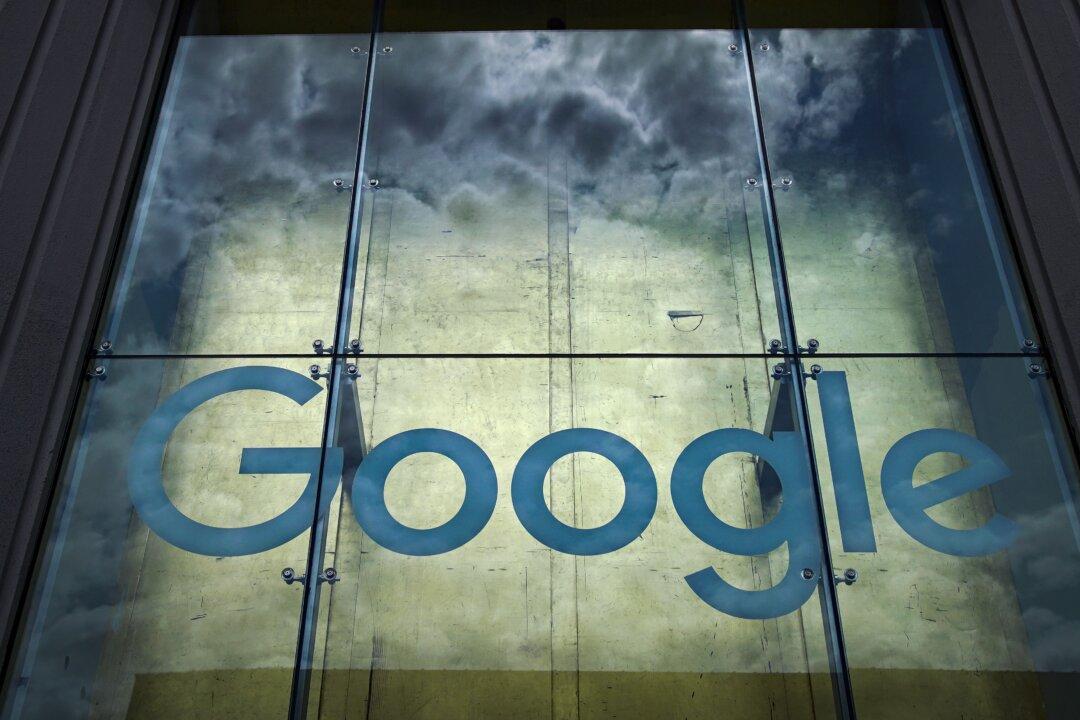WASHINGTON—Facebook, Google, and other big Silicon Valley digital firms would have to disclose the value of their customers’ personal data if a proposal introduced by Sen. Mark Warner (D-Va.) and Sen. Josh Hawley (R-Mo.) becomes law.
The Warner-Hawley proposal—the Designing Accounting Safeguards to Help Broaden Oversight and Regulations on Data (DASHBOARD) Act—is the latest development in a growing movement in Congress to require more transparency and accountability of the most powerful internet and social media players.





